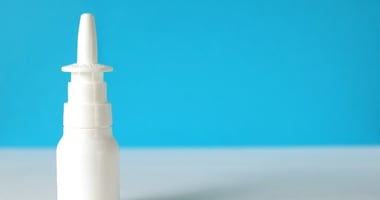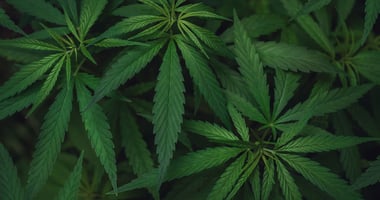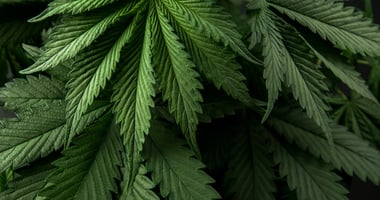A study published today in JAMA Internal Medicine reports that the cannabinoid agonist nabiximols...
Low Doses of CBD Do Not Appear to Impair Driving Ability

Although cannabidiol (CBD) is considered safe, it does come with side effects such as drowsiness that can pose risks—for example, when someone is driving. But a study published this week in Addiction suggests that CBD taken at standard doses does not appear to adversely impact driving ability.
Sonia Ortiz-Peregrina, Ph.D., at the University of Granada, Spain, and colleagues enrolled 30 participants (70% male) from the university community to perform driving simulations. All participants were occasional users (less than four times a week) of CBD and/or cannabis. Each participant completed a 20-minute driving session and had their visual function assessed after inhaling either 16 mg CBD, 32 mg CBD, or placebo compound. The participants completed three sessions under each condition in a random order, spaced about a week apart.
The researchers found no difference in participants’ overall driving performance score following CBD versus placebo inhalation, nor any difference in individual driving parameters such as frequency of lane deviations, reaction time, or rate of collisions. Likewise, visual function was largely unchanged following CBD inhalation, except for a slight decrease in motion detection sensitivity after taking the 32 mg CBD dose.
“The results of this study suggest that vaporized CBD seems to be a safe substance for visual function and vision-dependent tasks such as driving,” Ortiz-Peregrina and colleagues wrote, while noting that study participants were younger adults with normal visual function. “Future work should, therefore, explore higher doses, larger sample sizes with similar gender distribution, and different profiles of user to obtain more evidence to support safety and efficacy of CBD.”
For related information, see the Psychiatric News story “Be Prepared to Discuss CBD Products With Patients.”
(Image: Getty Images/iStock/anyaberkut)
Don't miss out! To learn about newly posted articles in Psychiatric News, please sign up here.





